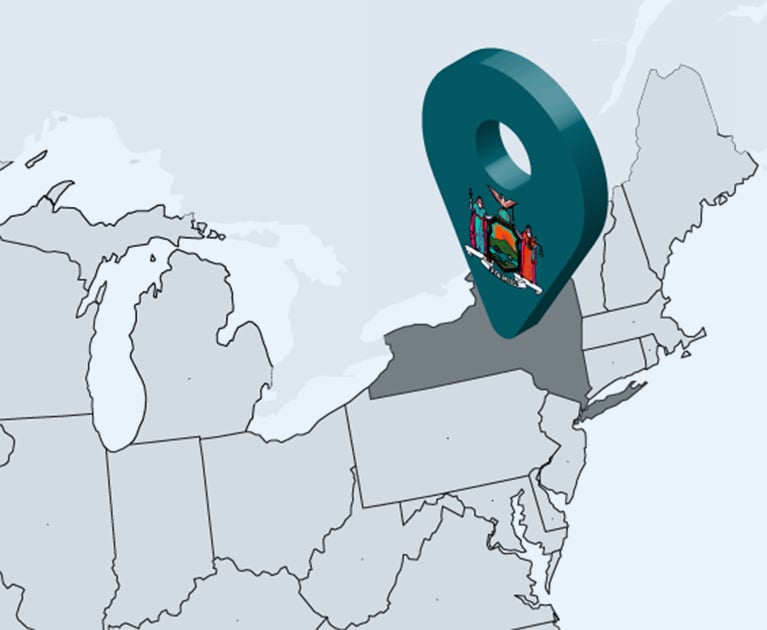In Part 1 of this series, we provided an overview of non-fungible tokens (NFTs), including what they are, whether they constitute securities under federal law, and related regulatory implications. In this article, we address another key legal dimension of NFTs: intellectual property (IP) protections.
What Do You Own When You Own an NFT?
An NFT is a unique digital token whose ownership is recorded on a distributed blockchain ledger. A token is simply a vessel to convey ownership, and any type of asset can be attached whether it be an underlying intangible asset (e.g., digital artwork or media) or to a tangible, physical asset (e.g., physical artwork or real estate).


 MetaBirkins online NFT shop
MetaBirkins online NFT shop




